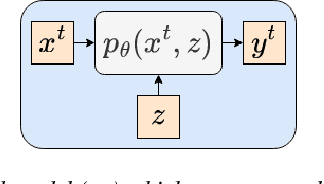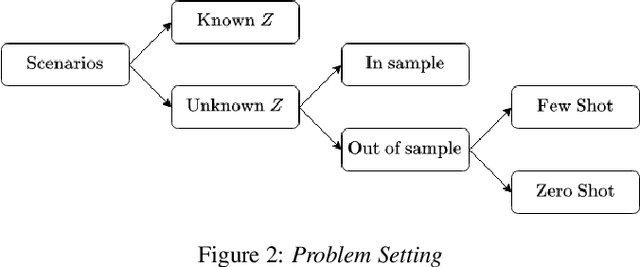Entity Aware Modelling: A Survey
Paper and Code
Feb 16, 2023

Personalized prediction of responses for individual entities caused by external drivers is vital across many disciplines. Recent machine learning (ML) advances have led to new state-of-the-art response prediction models. Models built at a population level often lead to sub-optimal performance in many personalized prediction settings due to heterogeneity in data across entities (tasks). In personalized prediction, the goal is to incorporate inherent characteristics of different entities to improve prediction performance. In this survey, we focus on the recent developments in the ML community for such entity-aware modeling approaches. ML algorithms often modulate the network using these entity characteristics when they are readily available. However, these entity characteristics are not readily available in many real-world scenarios, and different ML methods have been proposed to infer these characteristics from the data. In this survey, we have organized the current literature on entity-aware modeling based on the availability of these characteristics as well as the amount of training data. We highlight how recent innovations in other disciplines, such as uncertainty quantification, fairness, and knowledge-guided machine learning, can improve entity-aware modeling.
 Add to Chrome
Add to Chrome Add to Firefox
Add to Firefox Add to Edge
Add to Edge